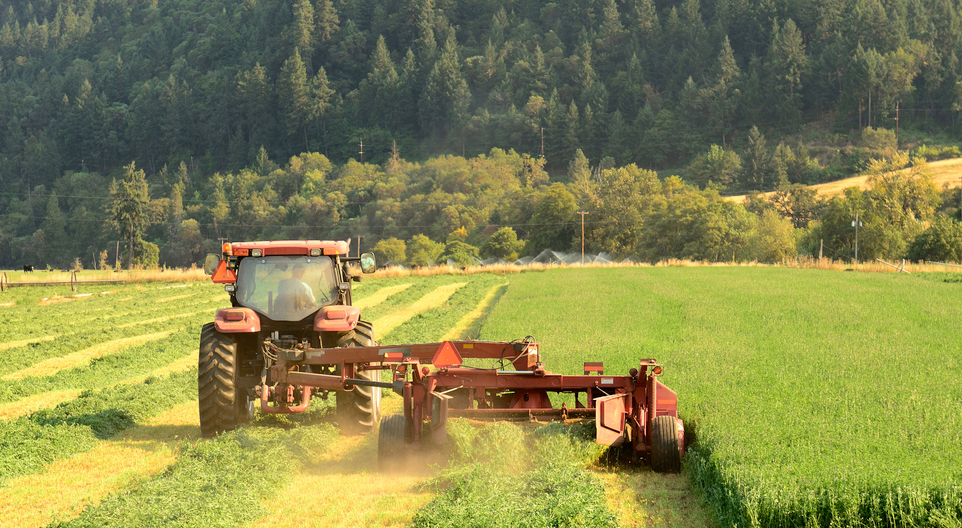
MPs have criticised the government's handling of farm subsidies and say it raises doubt about its ability to cope with Brexit.
Only 38% of England's farmers were paid on the first day possible in 2015 - in other years it had been more than 90%. Some MPs said farmers were forced into selling livestock to pay bills.
They criticised Defra over how it handled the Basic Payment Scheme, saying: "The department's record of failure when developing systems to support subsidy payments to farmers does not inspire confidence in its ability to cope with the challenges associated with Brexit that lie ahead."
The Commons Public Accounts Committee (PAC) chairman Richard Bacon said the recent history of the Basic Payment Scheme is a 'sorry affair'.
Mr Bacon said: "Farmers have suffered badly from the collapse in service levels and Government has done too little to help them cope with the fallout.
"At the same time, taxpayers continue to be hit in the pocket by financial penalties arising from the Government's failure to deliver the scheme properly, penalties running to more than half a billion pounds for England in the current period.
"Rapid and effective change is required during what is a critical phase for the Rural Payments Agency, whose chief executive is leaving at the end of this month, and the Department for Environment, Food and Rural Affairs more widely.
"If farmers are to be properly supported through Brexit and beyond, it is vital their interests are represented at senior level. In particular, the RPA must be at the table during discussions of any future subsidy payment scheme."
'Complex and bureaucratic'
Delays were blamed on changes to the CAP scheme and a problematic IT system.
Applications had to be processed on paper, because an online application system was not ready, which "introduced a significant amount of errors... despite farmers submitting appropriate evidence".
Sleaford and North Hykeham MP Stephen Phillips highlighted a case of one of his constituents, Mrs Musson, who had her payment delayed and had further difficulties contacting the Rural Payments Agency.
"The response I had from the RPA was that the payment would come 'in due course' and that my constituent should call the agency for hardship assistance, yet this is precisely what she had been unable to do."
"Farmers face extreme hardship as prices for produce are low," said Neil Parish, MP for Tiverton and Honiton.
"Many producers rely on CAP payments to pay their bills so it is unacceptable that farmers are left uncertain over when their payments will arrive."
'Complex and bureaucratic scheme'
A Defra spokesman said: "The CAP is a complex and bureaucratic scheme. The UK Government is working to improve the system and ensure farmers get the support they are entitled to.
"We have made major progress - this year the Rural Payments Agency has already met its target to pay 93% of farmers by March 2017, and it is working hard to get outstanding payments into bank accounts.
"We are leaving the European Union. This represents one of many opportunities to design a better system which supports farmers and our agricultural economy and cut unnecessary red tape."
The government has promised to match EU subsidies until 2020.
